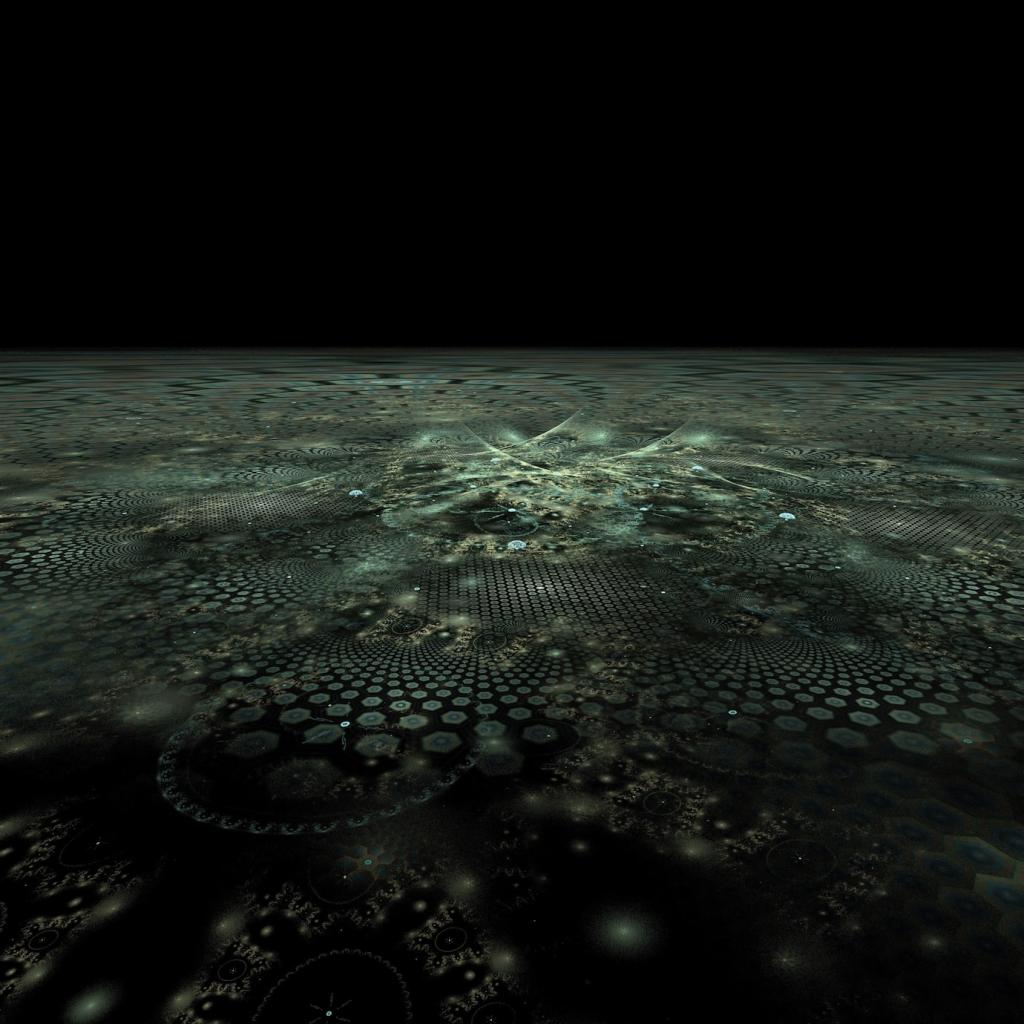How Quantum Computing is Reshaping the Landscape of Cybersecurity
Quantum computing stands at the frontier of technological revolution, introducing unprecedented computational power that has the potential to fundamentally alter the cybersecurity landscape. As quantum computers move from theory to practical application, their ability to solve complex problems at speeds unattainable by classical computers poses both significant risks and opportunities for data protection. This page explores how quantum advancements are shaping new paradigms in cybersecurity, from challenging the foundations of current encryption methods to inspiring the design of future-proof security solutions.
The Quantum Threat to Classical Encryption
Vulnerability of RSA and ECC
RSA and Elliptic Curve Cryptography (ECC) are the foundation of modern secure communications, trusted for everything from email encryption to securing financial transactions. They rely on mathematical problems that are nearly impossible for classical computers to solve efficiently. However, with the advancement of quantum computing, particularly through Shor’s algorithm, these encryption standards become vulnerable, as quantum computers can factor large primes and compute discrete logarithms quickly. This means data that is encrypted today could be harvested and decrypted in the future, prompting urgency for the cybersecurity field to transition to new, quantum-resistant methods before quantum computers reach operational maturity.
Implications for Confidentiality and Privacy
The most immediate consequence of quantum computing’s advancement is the potential compromise of sensitive data across sectors. Confidential information—whether personal, governmental, or corporate—relies on the strength of current cryptographic methods for privacy. Quantum attacks could theoretically revoke the assurance of privacy by decrypting sensitive communication retroactively. This presents a pressing need for organizations to reassess their risk models and develop quantum-safe data management strategies, ensuring that information safeguarded today remains secure tomorrow, even against adversaries equipped with quantum technology.
The Quantum Timeline: Urgency or Hype?
There is considerable debate about how soon quantum computers with sufficient power will become a tangible threat to cybersecurity. While practical, large-scale quantum computers are not widely available yet, progress in quantum hardware and software is accelerating. Experts differ on the timeline, predicting a range from a decade to several decades before genuine threats materialize. Regardless of exact timing, the urgency to begin transitioning to quantum-resistant algorithms is paramount, as the data being protected today may still be at risk years down the line if adversaries start retrospectively decrypting stored data with future quantum resources.
Post-Quantum Cryptography: The New Frontier
Post-quantum cryptography centers on mathematical problems believed to be hard even for quantum computers, such as lattice-based or hash-based schemes. Developing and refining these quantum-resistant algorithms is a formidable challenge, requiring rigorous vetting to guarantee long-term resilience and practical efficiency. Researchers and engineers are meticulously studying potential weaknesses and usability issues to ensure that these new cryptographic methods can be smoothly integrated into existing systems. The design process is a race against time, balancing robust security assurances with the need for performance and scalability for global adoption.

Quantum Computing as a Defensive Tool in Cybersecurity
Quantum Key Distribution utilizes the inherent properties of quantum mechanics to facilitate the secure sharing of cryptographic keys between parties. Unlike classical key exchange methods, QKD leverages quantum states—such as the polarization of photons—to detect any attempt at eavesdropping, ensuring absolute secrecy of communication. Any unauthorized interception inevitably alters the quantum state, alerting parties to potential intrusions. While QKD is still being refined and faces practical challenges in widespread deployment, it represents one of the most promising quantum-enabled defenses, laying the groundwork for ultra-secure communications networks that are fundamentally immune to both classical and quantum hacking techniques.

